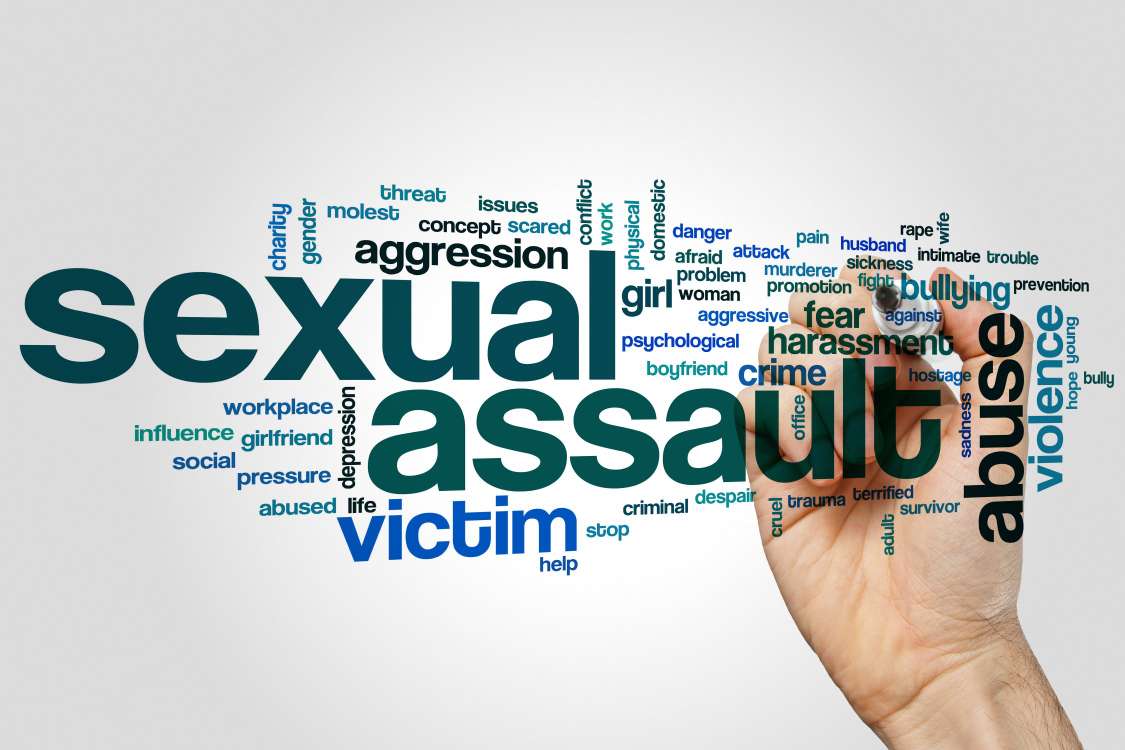
4 Tips for Addressing Sexual Harassment and Mitigating Risk
This week 10 EEOC charges were filed against @McDonald's for sexual harassment, assault and retaliation. Several employees reported to the EEOC that they complained to @McDonald’s management about groping, suggestive comments and other sexual misconduct, but the company did nothing about it. (Click to read Washington Post article).
Failing to respond to sexual harassment complaints sends a message to employees that the employer does not care. More importantly, it increases the likelihood that the harassment will continue and that victims will go outside the company for help.
This can damage an organization’s reputation and its bottom line.
What can employers do to address sexual harassment and mitigate risk?
- Have a strong anti-harassment policy. The policy should define sexual harassment and retaliation and state that it is strictly prohibited and will not be tolerated. Communicate the policy to every employee. Also have employees sign an acknowledgment that they received the policy and agree to follow it.
- Have a confidential complaint process. Having a mechanism that allows employees to report harassment without fear of retaliation is critical. Make sure all employees are aware of the complaint process, have access to it, and know how to report a concern. Courts have held that an employee’s failure to use the employer’s complaint process can be a defense to a sexual harassment claim.
- Train managers and employees. Every manager should be trained to recognize sexual harassment and the proper steps to take if they observe it or receive a complaint. “Bystander” training can also help. Train employees on what to do if they witness sexual harassment.
- Respond to every sexual harassment complaint. Never, ever ignore a sexual harassment complaint. Identify objective, skilled investigators to promptly investigate complaints, and take appropriate action for violations.
These measures demonstrate that the employer takes sexual harassment seriously and can significantly reduce employer liability for sexual harassment claims.
(Rhonda Green, JD, SPHR is an employment law expert and Principal at SageVisor, a Human Resources Consulting and Learning Solutions firm.)